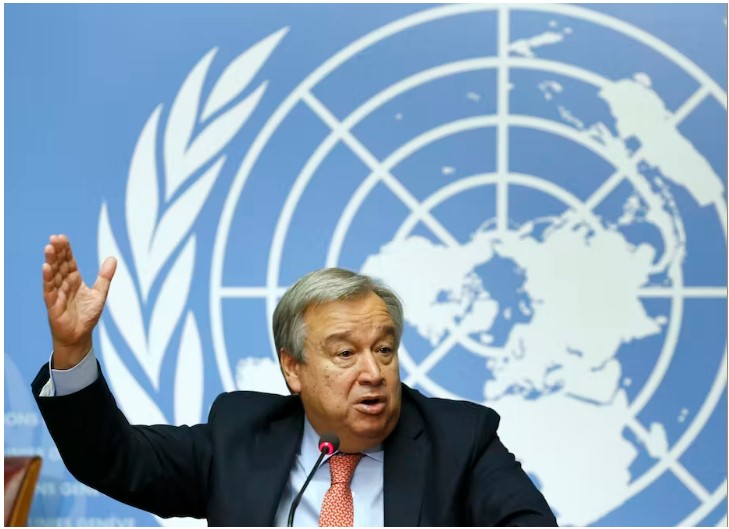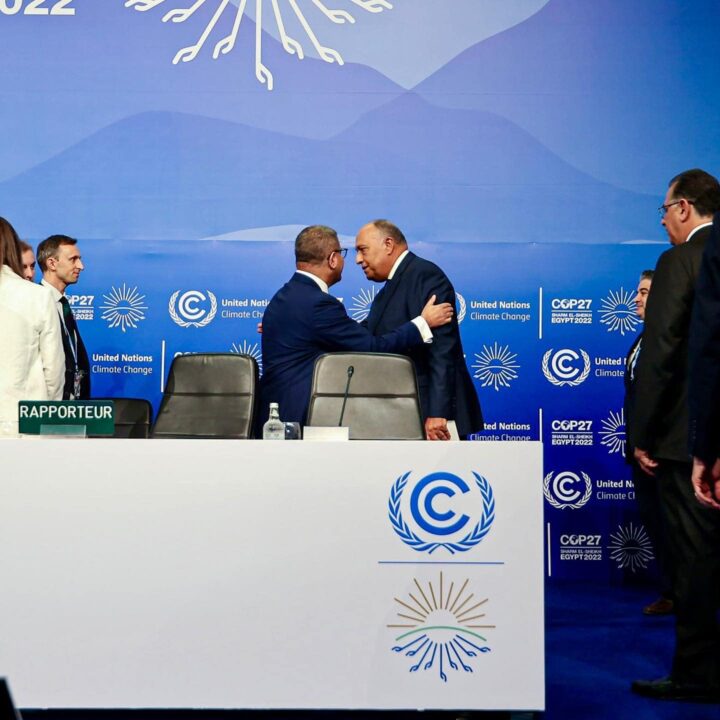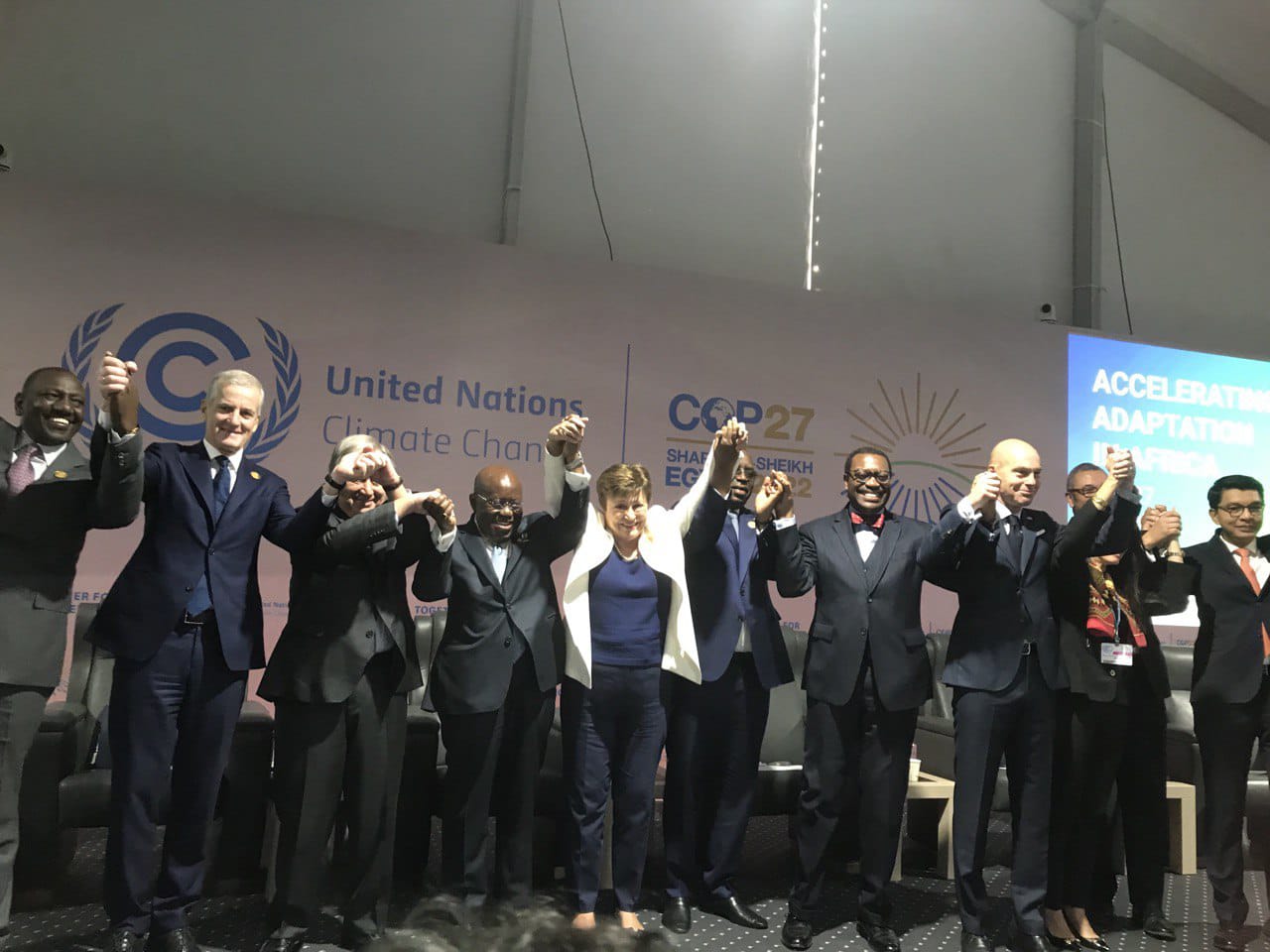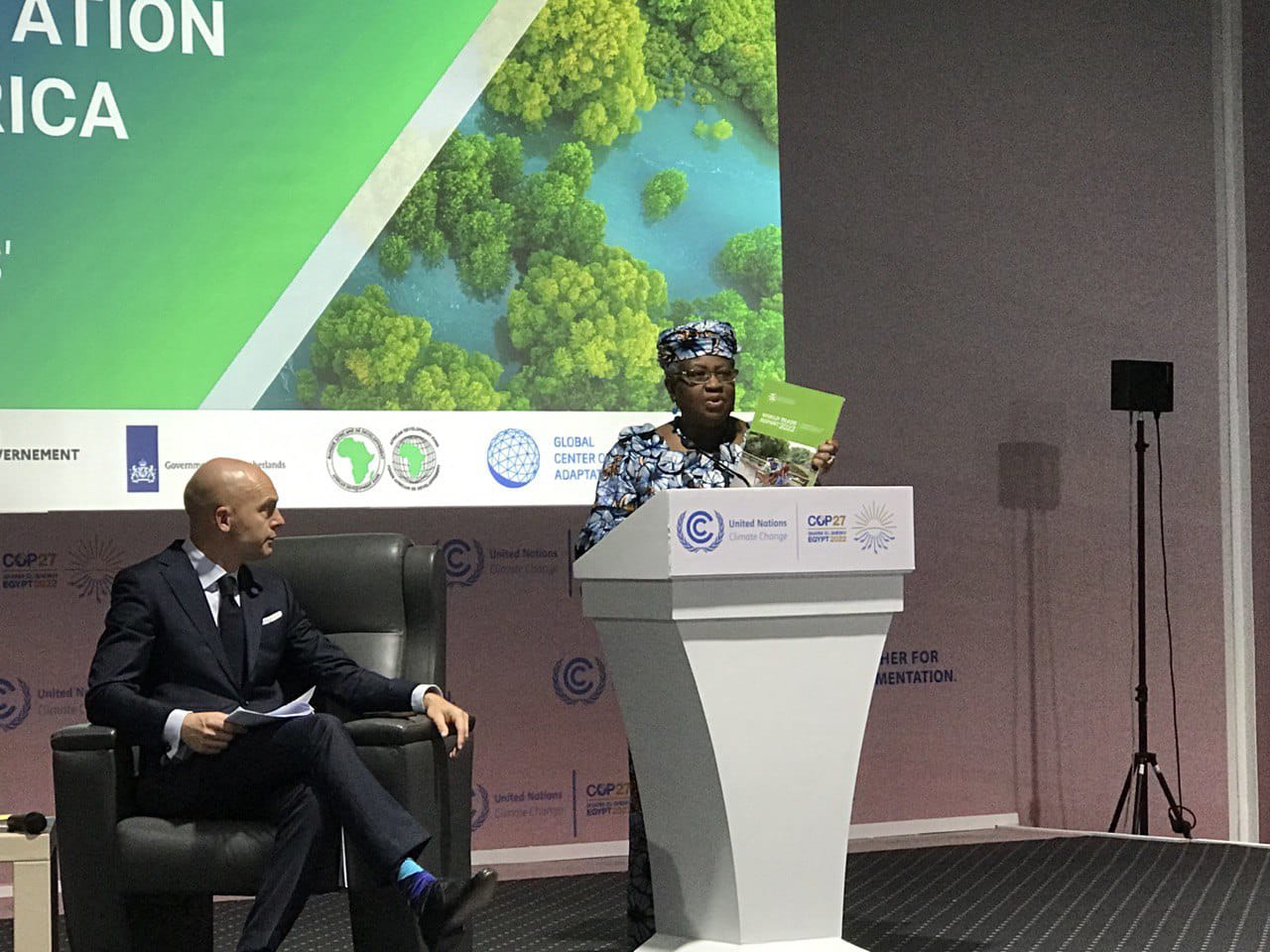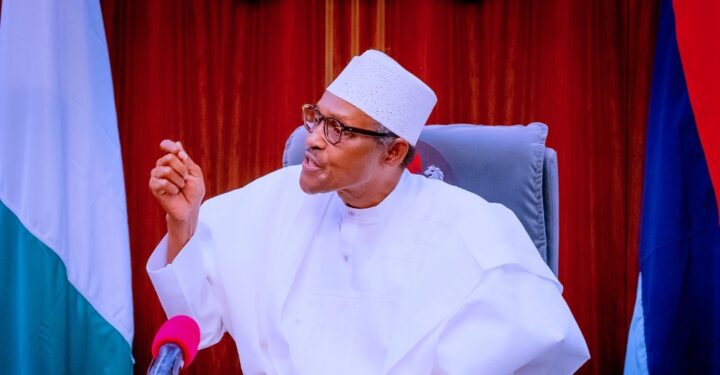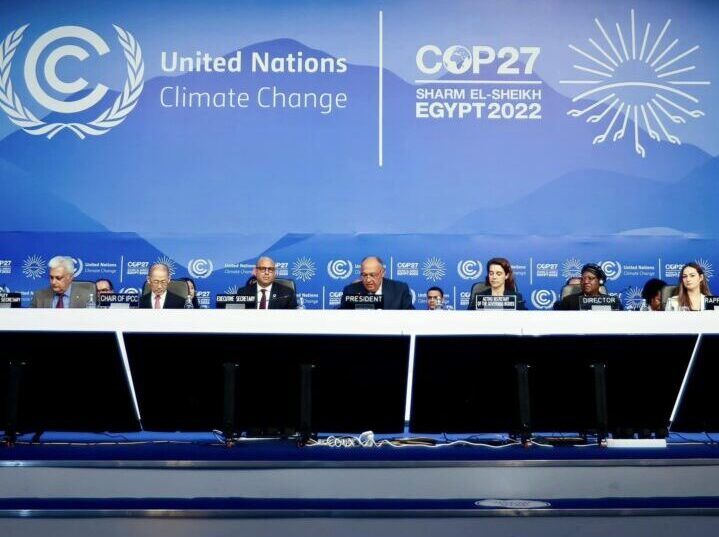Antonio Guterres, United Nations secretary-general, has called for a climate solidarity pact between developed and developing countries to accelerate emission reduction.
He said this at the opening ceremony of the high-level event for heads of state and government at COP27 in Sharm el-Sheikh, Egypt.
He said the pact will help ensure wealthier countries and international financial institutions provide financial assistance to help emerging economies.
He added that world leaders need to choose between a climate solidarity pact or a collective suicide pact.
Advertisement
“Last year in Glasgow, I called for coalitions of support for high-emitting emerging economies to accelerate the transition from coal towards renewables. We are making progress with the Just Energy Transition Partnerships – but much more is needed,” he said.
“That is why at the beginning of COP27, I am calling for a historic pact between developed and emerging economies – a climate solidarity pact. A pact in which all countries make an extra effort to reduce emissions this decade in line with the 1.5-degree goal.
“A pact in which wealthier countries and international financial institutions provide financial and technical assistance to help emerging economies speed their own renewable energy transition.
Advertisement
“A pact to end dependence on fossil fuels and the building of coal plants – phasing out coal in OECD countries by 2030 and everywhere else by 2040.
“A pact that will provide universal, affordable, sustainable energy for all. A pact in which developed and emerging economies unite around a common strategy and combine capacities and resources for the benefit of humankind.”
He said the US and China, the two largest economies, have the responsibility to make the pact a reality, adding that it is the world’s only hope of meeting the climate goals and “humanity has a choice: cooperate or perish.”
He said: “it is either a climate solidarity pact – or a collective suicide pact. We also desperately need progress on adaptation — to build resilience to the climate disruption to come.”
Advertisement
The UN chief continued by saying that the clock is ticking and the world is on a “highway to climate hell” if nothing is done.
He said climate change is the defining issue of this age and it’s exacerbating global problems including conflicts as seen in Russia-Ukraine.
“This UN climate conference is a reminder that the answer is in our hands and the clock is ticking.
“We are in the fight of our lives. And we are losing. Greenhouse gas emissions keep growing. Global temperatures keep rising. And our planet is fast approaching tipping points that will make climate chaos irreversible.
Advertisement
“We are on a highway to climate hell with our foot on the accelerator. The war in Ukraine, conflict in the Sahel, and violence and unrest in so many other places are terrible crises plaguing today’s world.
“Indeed, many of today’s conflicts are linked with growing climate chaos. The war in Ukraine has exposed the profound risks of our fossil fuel addiction.
Advertisement
“Today’s urgent crises cannot be an excuse for backsliding or greenwashing. If anything, they are a reason for greater urgency, stronger action and effective accountability.”
He emphasised that human activity is the cause of the climate problem and that human action must be the solution.
Advertisement
He further called on developed countries to fulfil their commitment to double adaptation finance by 2025.
“Today, some three-and-a-half billion people live in countries highly vulnerable to climate impacts. In Glasgow, developed countries promised to double adaptation support to $40 billion a year by 2025.
Advertisement
“We need a roadmap on how this will be delivered. And we must recognize that this is only a first step. Adaptation needs are set to grow to more than $300 billion a year by 2030.
“Half of all climate finance must flow to adaptation. International financial institutions and multilateral development banks must change their business model and do their part to scale up adaptation finance and better mobilize private finance to massively invest in climate action.
“Countries and communities must also be able to access it – with finance flowing to identified priorities through efforts like the Adaptation Pipeline Accelerator.”
Add a comment
